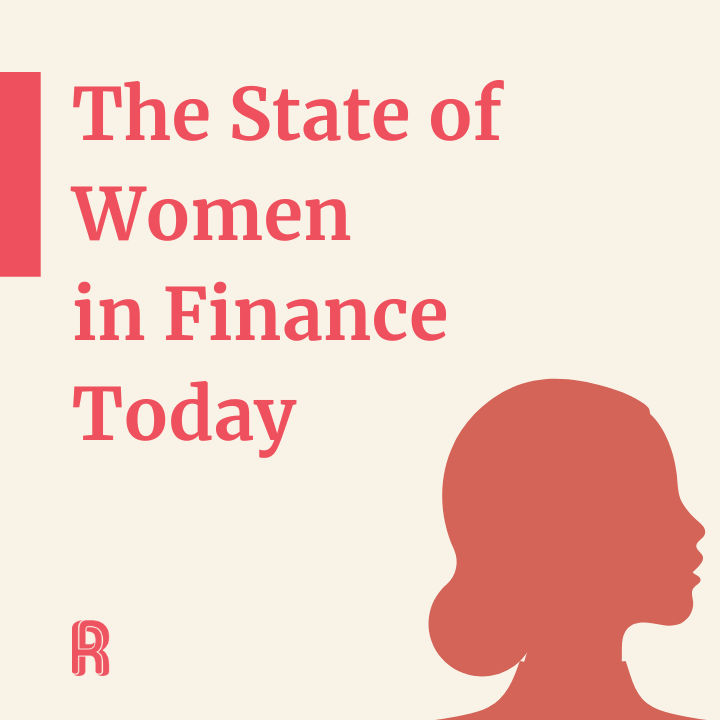
The argument for IRL experiences
It often feels like the entire world has migrated online. If you want to check your bank account, you grab your smartphone and open an app. If you have some shopping to do, you often log onto Amazon or Overstock instead of driving to a brick-and-mortar store. If you want to interact with distant (or even nearby) friends and family, there’s a good chance you’ll do so on Facebook or FaceTime. These tools have made our lives more efficient, convenient, and most importantly, connected.
But digital connectivity fails to replace face-to-face interaction with another human being. We may be seeing more and more AI-powered chatbots, social media campaigns, and digital-first marketing strategies, but the most thoughtful brands recognize that the foundation of any lasting relationship with their customers is human-to-human engagement.
According to a recent survey conducted by Freeman and SSI, more than 90 percent of marketing professionals say in-person experiences deliver “more compelling brand engagements” than other types of interactions. There’s an encyclopedia of explanations for why human beings prefer to interact in-person, such as the fact that speech and touch demonstrably strengthen bonds between people and reduce stress. As a recent study in the journal Computers in Human Behavior explains, in-person interactions provide “more communication channels for the expression and reception of affiliative cues and the effortless processing of these cues.”
Events and festivals like SXSW are powerful magnets for brands because they provide so many opportunities to engage with customers in person. At this year’s festival, one of the most talked-about experiences was the real-life recreation of Sweetwater, the virtual town from HBO’s Westworld. Guests could interact with actors trained to behave like the “hosts” in the show – artificially intelligent beings who don’t have any problem passing the Turing Test. There were gunfights, cowboys playing cards in the saloon, prostitutes in corsets, and many other painstakingly crafted details that gave guests a completely immersive experience.
The SXSW Sweetwater attraction was a creative way to reach out to fans of Westworld – a show that largely takes place in a virtual theme park. This is a reminder that brands should leverage what makes them unique with the experiences they offer customers.
To take another example from SXSW: The Red Bull-produced documentary “Any One Of Us”, which chronicles professional mountain biker Paul Basagoitia’s recovery from a crippling spinal cord injury, premiered at this year’s festival. Red Bull has become a fixture at events like SXSW, and it has its own ever-expanding universe of concert series, extreme athletic events, and other real-life experiences that capture the interests of its customers. Similarly, companies like The North Face and Patagonia hold events around the world that reflect the ethos of their brands and the priorities of their customers – from basecamping expeditions to documentaries and talks about environmental sustainability.
Take it from some of the most well-known brands on the planet: no matter how digitized our world becomes, human beings will always crave experiences that don’t involve a screen and bring us together in the real world.
Subscribe to our newsletter
We value your privacy. We don't spam.








